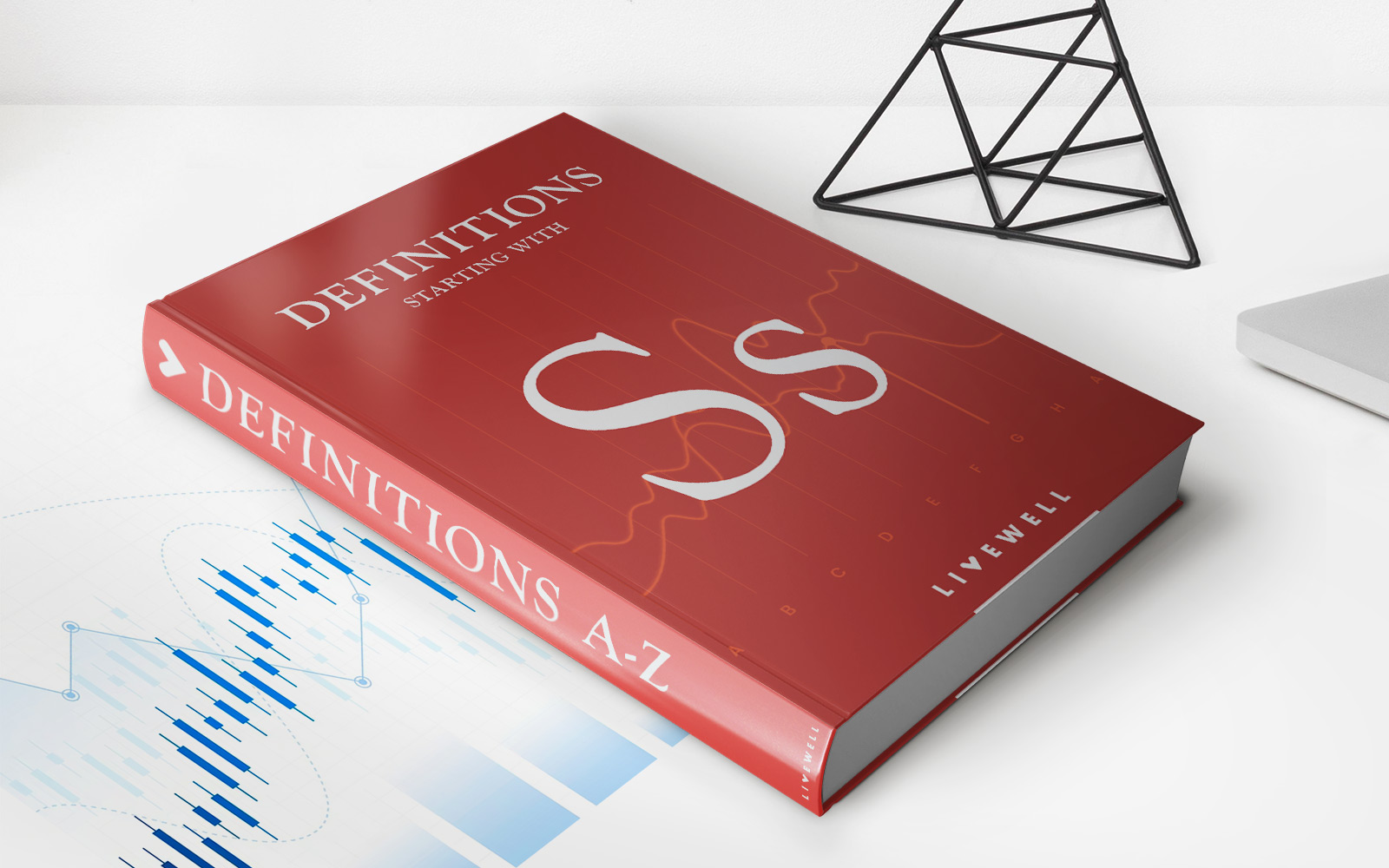Home>Finance>Nigerian Letter Scam Definition And How To Avoid It


Finance
Nigerian Letter Scam Definition And How To Avoid It
Published: December 31, 2023
Learn the definition and ways to avoid the Nigerian Letter Scam in the finance industry. Protect yourself from fraudulent schemes.
(Many of the links in this article redirect to a specific reviewed product. Your purchase of these products through affiliate links helps to generate commission for LiveWell, at no extra cost. Learn more)
Protect Yourself: Nigerian Letter Scam Definition and How to Avoid It
Welcome to our Finance category where we discuss various financial topics to help you make informed decisions and protect yourself from scams. In today’s blog post, we dive into the world of Nigerian Letter scams, also known as 419 scams, and provide you with valuable information on how to avoid becoming a victim.
Key Takeaways:
- Nigerian Letter scams involve fraudsters who impersonate wealthy individuals or officials, promising large sums of money in exchange for upfront payments or personal information.
- Protect yourself by being skeptical of unsolicited emails and always verifying the legitimacy of any request before taking any action.
Now, let’s start by understanding what a Nigerian Letter scam is and how it can impact unsuspecting individuals.
The Nigerian Letter scam is a type of advance-fee fraud that typically begins with an unsolicited email. The scammer, who claims to be a high-ranking official or a person with access to significant funds, entices the victim with the promise of a lucrative financial opportunity. The catch? The victim needs to pay an upfront fee or provide personal information to facilitate the transaction.
Unfortunately, many individuals fall victim to these elaborate schemes, losing substantial amounts of money and facing emotional distress. To help you avoid becoming a victim yourself, here are some essential tips to keep in mind:
1. Stay Skeptical
The old saying “if it sounds too good to be true, it probably is” holds particularly true when dealing with Nigerian Letter scams. Be skeptical of any email that promises significant financial gains without requiring much effort or investment on your part. Remember, legitimate opportunities usually don’t come out of the blue.
2. Verify and Validate
Before taking any action or sharing personal information, take the time to verify the legitimacy of the request. Research the sender’s email address or contact information online, and be cautious if there are multiple reports of scams associated with them. If a government official or organization is mentioned, contact them directly through official channels to confirm the request.
3. Protect Personal Information
Never share sensitive personal information, such as your bank account details, social security number, or passport information, with unknown individuals or organizations. Scammers can use this information to steal your identity and commit further fraudulent activities.
4. Be Wary of Urgency
Sometimes, scammers create a sense of urgency to pressure their victims into immediate action. They may claim that the opportunity is time-sensitive or that failure to act quickly will result in financial loss. Don’t let panic or fear cloud your judgment. Take your time to evaluate the situation and proceed with caution.
5. Report Suspicious Activities
If you receive a suspicious email or believe you have been targeted by a Nigerian Letter scam, report it to your local law enforcement agency or the appropriate fraud reporting organization in your country. By reporting these activities, you not only protect yourself but also contribute to the fight against fraud.
Remember, scams can happen to anyone, regardless of their financial knowledge or experience. By staying informed and vigilant, you can protect yourself and your hard-earned money. Don’t be a victim; equip yourself with knowledge and spread awareness among your family and friends. Stay safe and informed!














